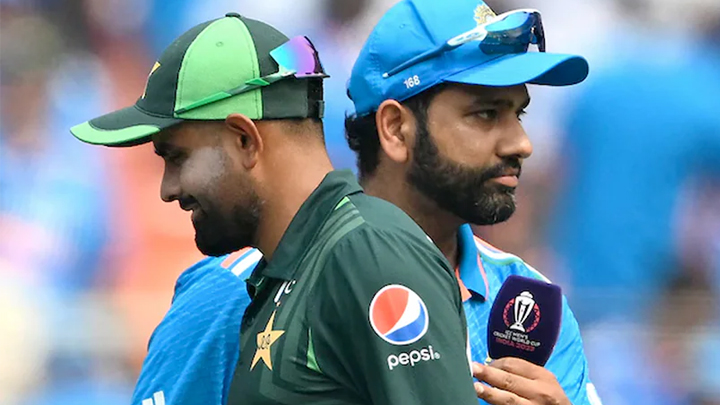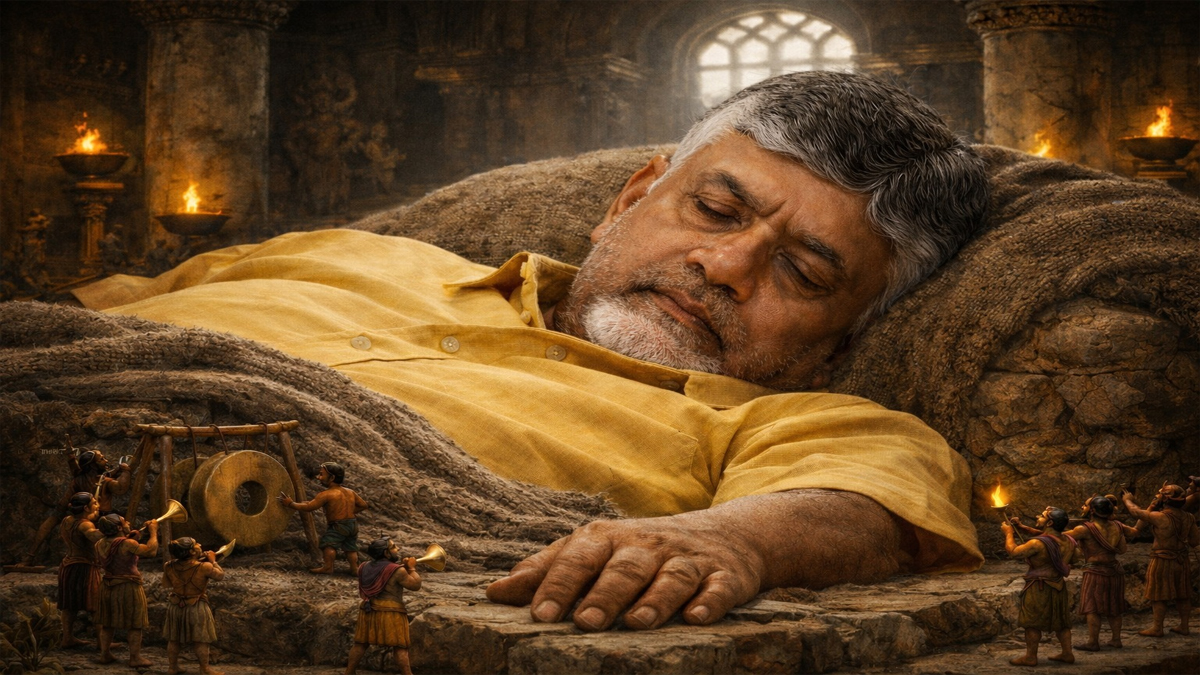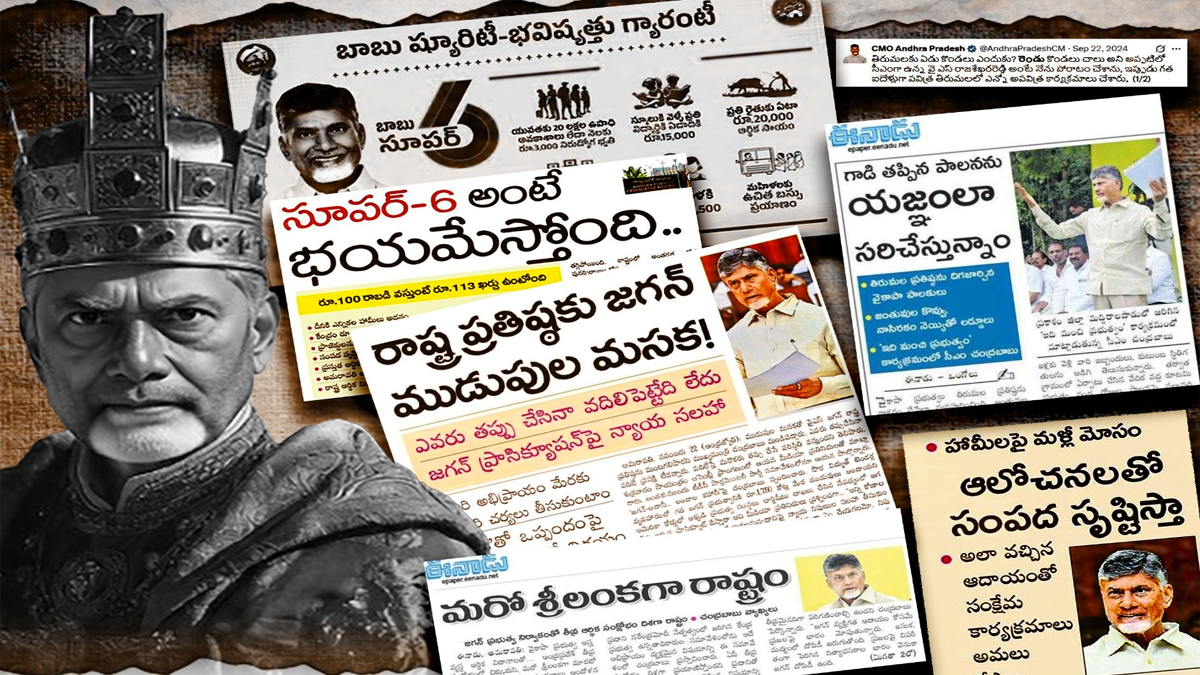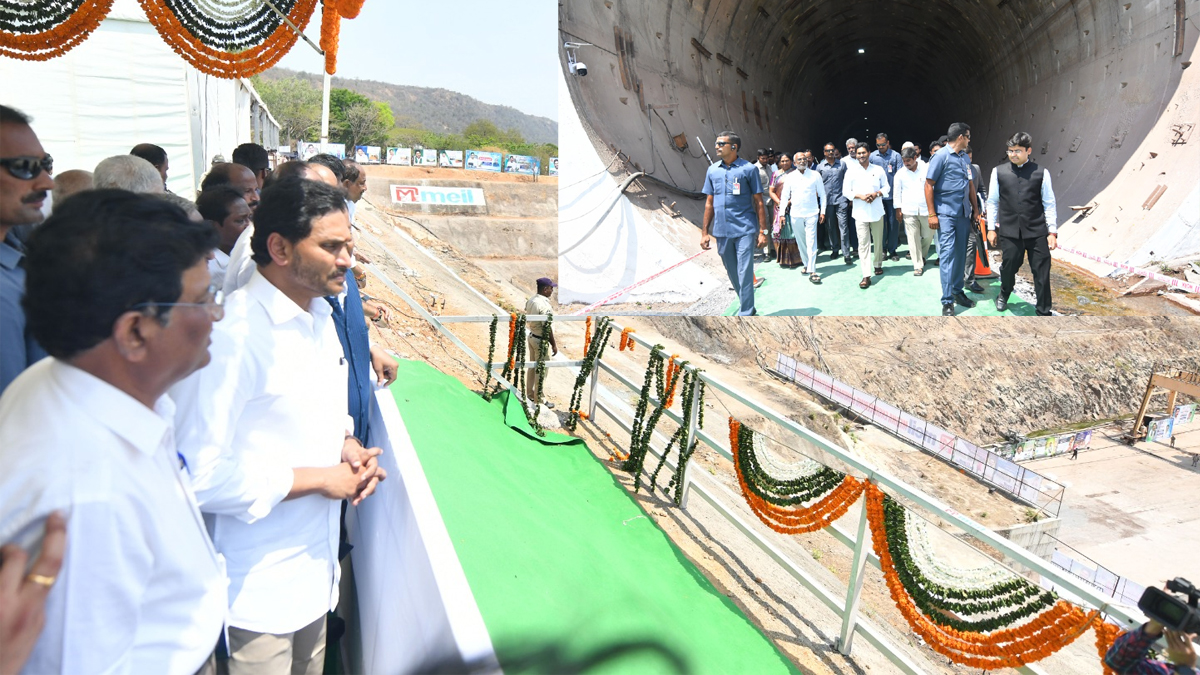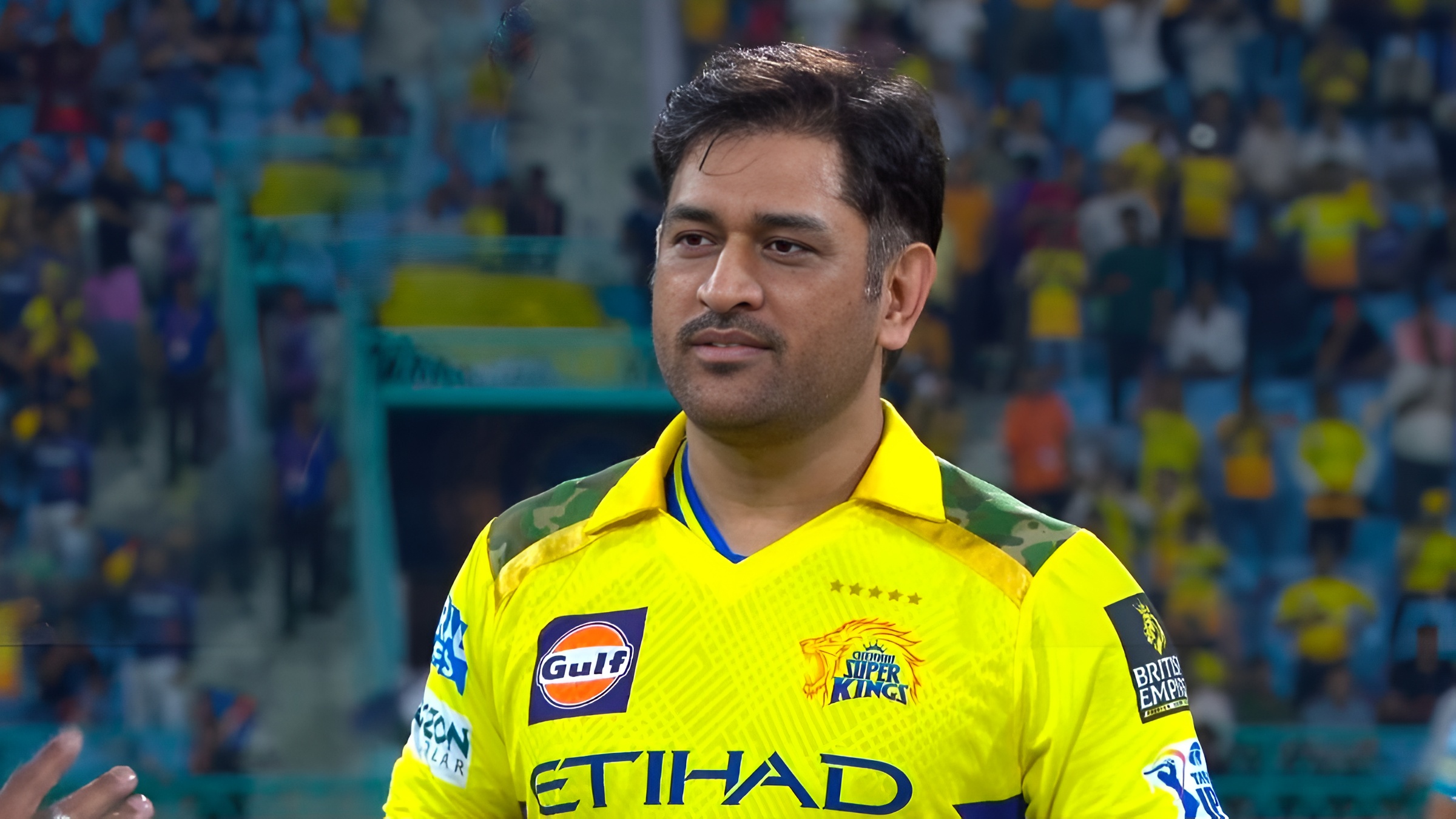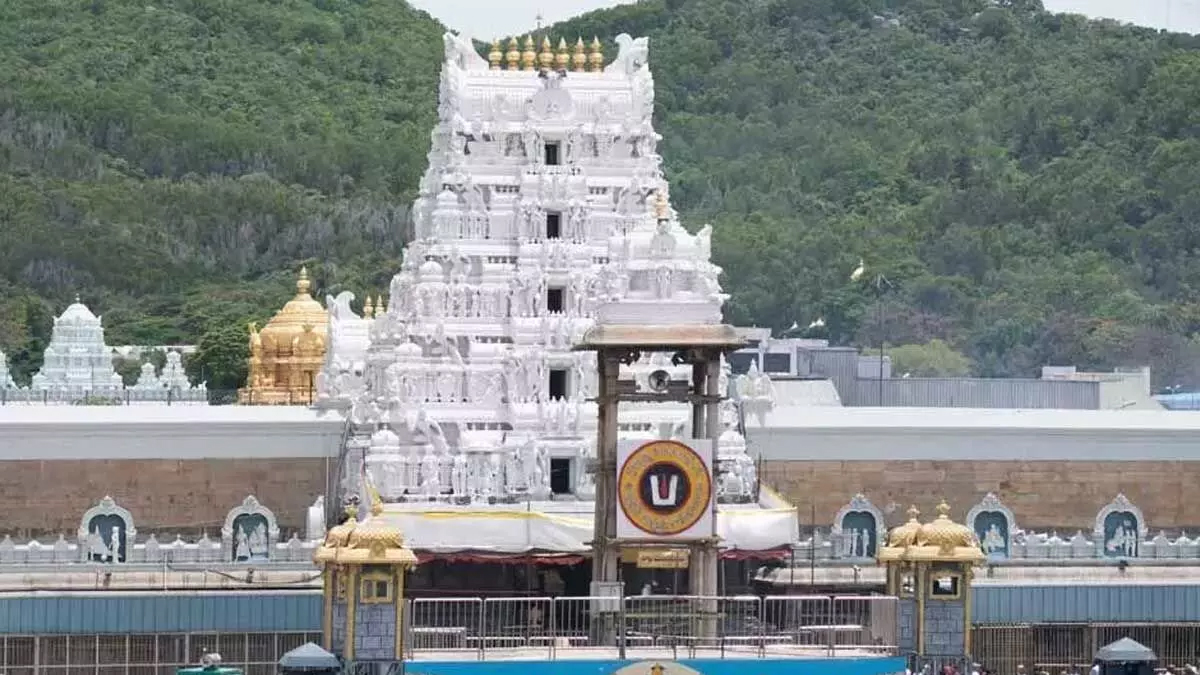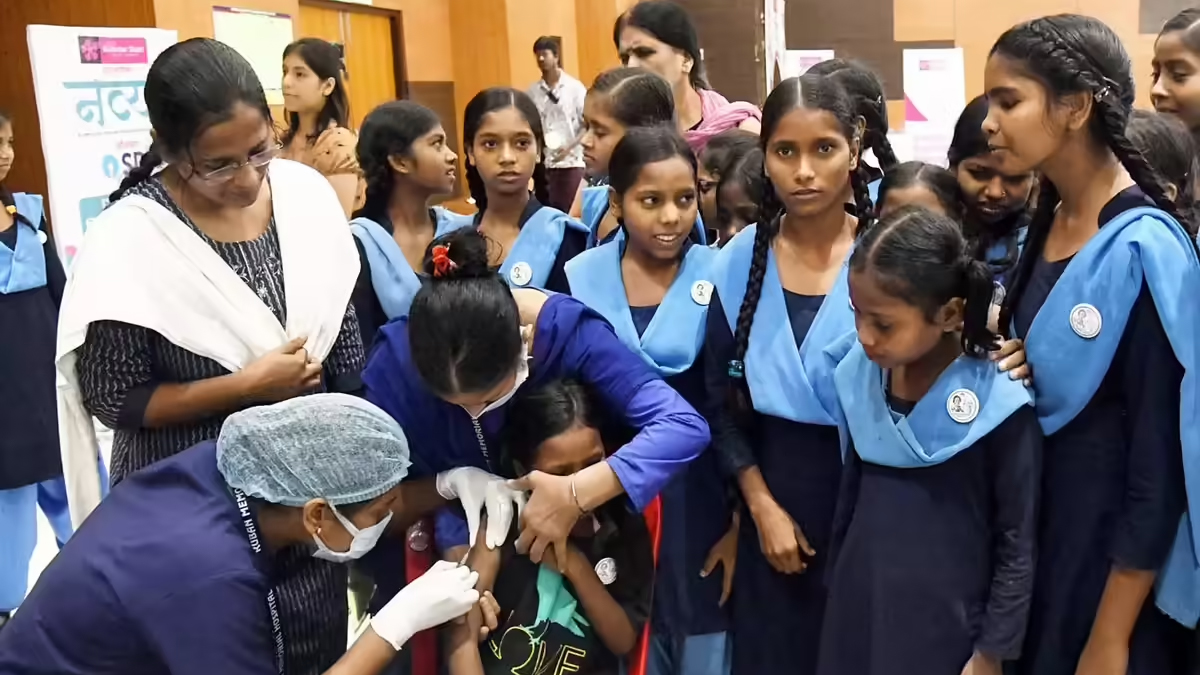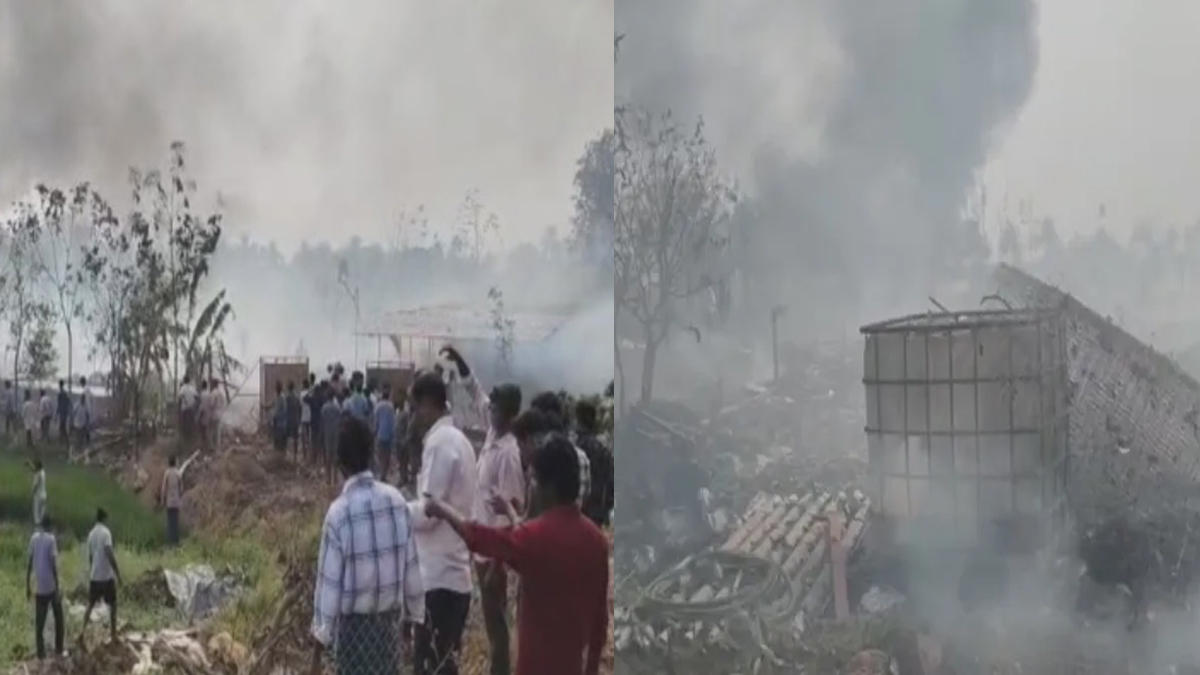The recent terror attack in Pahalgam, where innocent tourists were attacked, has once again brought the complex issue of India-Pakistan relations to the forefront, particularly in the context of cricket. The attack, which led to the tragic loss of lives, has prompted a stern response from the Board of Control for Cricket in India (BCCI), signalling that the possibility of one-on-one bilateral series between India and Pakistan is now highly unlikely in the foreseeable future.
BCCI Vice President Rajiv Shukla and Secretary Debajit Saikia stated it is inappropriate to engage in cricketing relations with a nation allegedly promoting terrorism. They emphasized full support for any decision by the Indian government on this matter.While bilateral series are ruled out, India and Pakistan will continue to face each other in ICC tournaments like the World Cup and Champions Trophy. However, even the ICC is closely monitoring the geopolitical climate.
The importance of India-Pakistan cricket matches cannot be overstated. These matches, often played in front of packed stadiums and an electrified global audience, are more than just games—they are a reflection of the intricate political, cultural, and social ties that bind the two nations.With political tensions high, the return of an India-Pakistan bilateral cricket series remains unlikely, leaving ICC events as the only platform for the two rivals to meet on the field.
Historically, India last toured Pakistan in 2008, and Pakistan’s last tour to India was in 2012-13. During the 2023 ICC ODI World Cup, Pakistan played in India, but India refused to travel to Pakistan for the Champions Trophy, playing their matches in Dubai instead.

